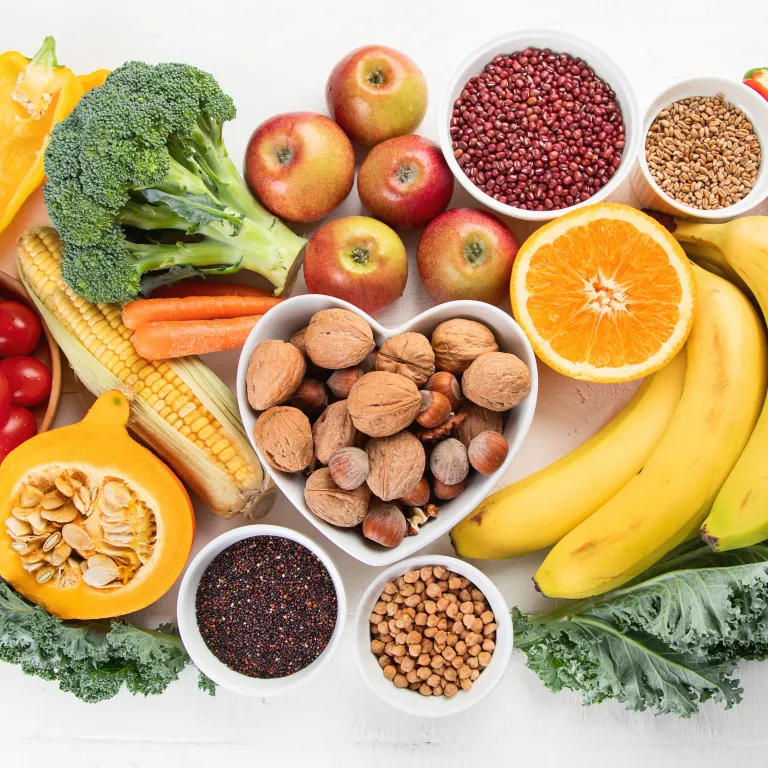
While fiber is an important part of diets for people of all ages, it’s especially important for older adults. A carbohydrate that’s known for aiding in digestive health, fiber also helps reduce the risk of heart disease, diabetes and some cancers, and has been shown to reduce inflammation in the body. As you age, your digestive system slows down over time, and getting enough fiber is an excellent way to improve digestion and prevent constipation. But, most Americans, including seniors, aren’t getting enough fiber.
How Much Fiber Do I Need?
Men age 51 and older should aim to get 30 grams of fiber a day, while women of the same age should be getting 21 grams.
What Foods Are High In Fiber?
Yes, the whole grain cereal that touts its high-fiber content on the box is a good way to get your daily fiber fix, but there are plenty of other foods that contain as much or more of the essential carbohydrate. Many staples of a plant-based diet are high in fiber, such as chickpeas, black beans, almonds and quinoa, as are favorite fruits and vegetables like broccoli, apples and bananas. If you have a hard time consuming enough fiber through food, supplements, such as psyllium or methylcellulose, are available.
How Can I Improve My Fiber Intake?
Upping your fiber intake starts in the grocery store. Keep an eye on food labels, which list the amount of dietary fiber in each serving, and select foods that are naturally high in fiber, like fruits, veggies, legumes and whole grains. At home, snack on fruits, vegetables and nuts throughout the day, and try to incorporate more plant-based foods into each meal.
What High-Fiber Meals Should I Cook?
Any meals you cook with the ingredients mentioned above will put you right on track to getting enough fiber, but if you need help making broccoli, quinoa and legumes into a meal, a quick Google search of “high-fiber meals” will yield hundreds of results. We’d recommend checking out EatingWell’s roundup of 15 high-fiber meals that you can make in 20 minutes or less. Your tastebuds—and your digestive system—will thank you.